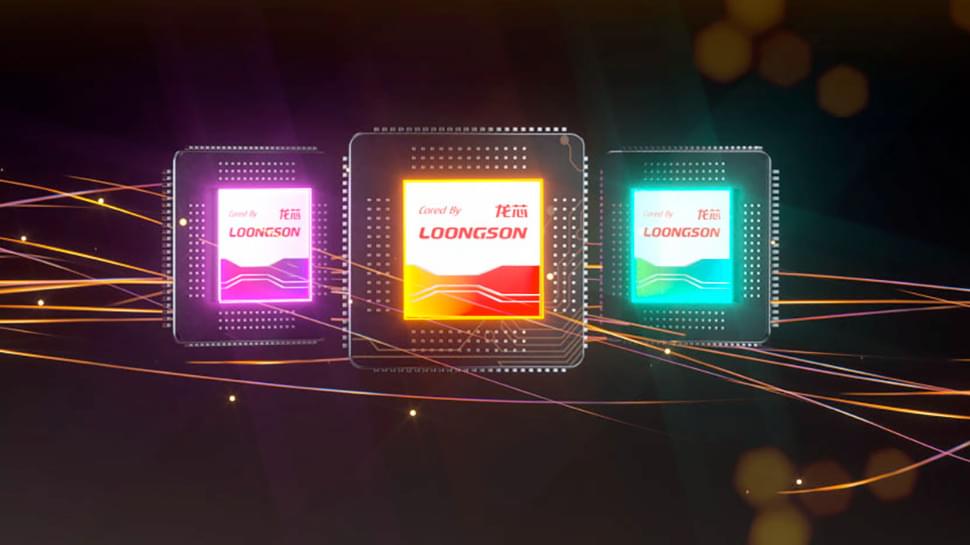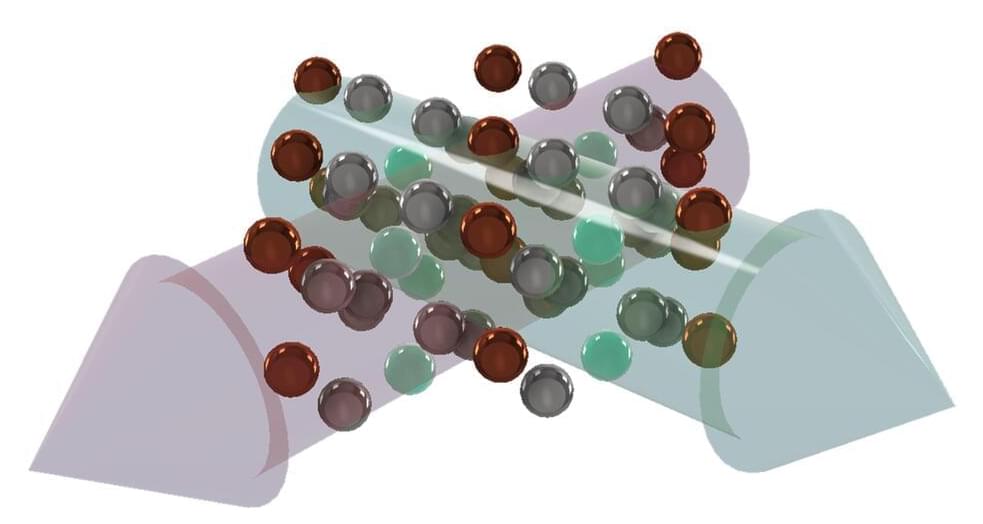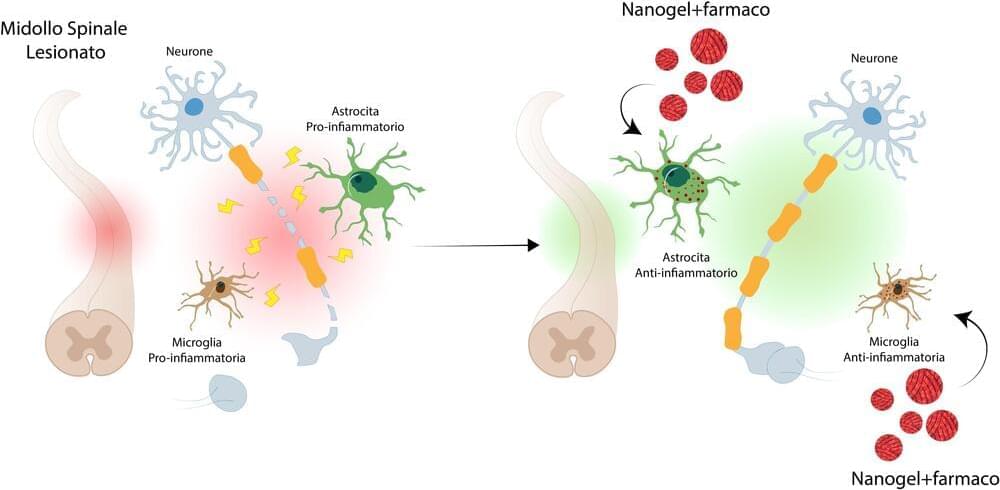Loongson’s next-generation data center CPU is ready.



The next-generation AI model from Google excels at processing large amounts of information per one query, such as 30,000 lines of code or over 700,000 words of text.


Ferromagnetism and antiferromagnetism have long been known to scientists as two classes of magnetic order of materials. Back in 2019, researchers at Johannes Gutenberg University Mainz (JGU) postulated a third class of magnetism, called altermagnetism. This altermagnetism has been the subject of heated debate among experts ever since, with some expressing doubts about its existence.
Recently, a team of experimental researchers led by Professor Hans-Joachim Elmers at JGU was able to measure for the first time at DESY (Deutsches Elektronen-Synchrotron) an effect that is considered to be a signature of altermagnetism, thus providing evidence for the existence of this third type of magnetism. The research results were published in Science Advances.

Independent of the smart-corridor project, two major companies behind self-driving big rig technology told KXAN they plan to remove safety drivers and go completely driverless by the end of the year.
A spokesperson for the California-based company Kodiak Robotics told KXAN it started operating self-driving big rigs on routes around Texas in 2019, always with backup safety drivers.
In that time, “the bulk of Kodiak’s deliveries have been between our Dallas operations hub and Houston, Austin, San Antonio, Oklahoma City, and Atlanta,” Kodiak spokesman Daniel Goff said.

Plural and Hummingbird are leading the funding round for the startup that aims to address a major contributor to housing shortfalls in Europe.

Just like smartphone GPS has harmed our sense of spatial cognition and memory, artificial intelligence may soon impair our ability to make decisions for ourselves — an outcome that would be, one expert warns, “catastrophic.”
In an interview with PsyPost, neuropsychology expert Umberto León Domínguez of the University of Monterrey in Mexico said that his new research shows that AI chatbots may end up not just mimicking our speech patterns, but significantly harming our cognitive functioning in general.
Like many other educators, Domínguez said he’s concerned about how his students are using tools like OpenAI’s ChatGPT. Spurred by those concerns, he told PsyPost, he began to explore ways AI chatbots “could interfere with higher-order executive functions to understand how to also train these skills.”

This may have posted but it’s interesting as a start. Beaming energy from space to the ground is a great idea. One thing I always need is energy.
The experimental system could be used to send energy anywhere on Earth.

In a study published in Advanced Materials, researchers have demonstrated that an innovative nano-vector (nanogel), which they developed, is able to deliver anti-inflammatory drugs in a targeted manner into glial cells actively involved in the evolution of spinal cord injury, a condition that leads to paraplegia or quadriplegia.
Treatments currently available to modulate the inflammatory response mediated by the component that controls the brain’s internal environment after acute spinal cord injury showed limited efficacy. This is also due to the lack of a therapeutic approach that can selectively act on microglial and astrocytic cells.
The nanovectors developed by Politecnico di Milano, called nanogels, consist of polymers that can bind to specific target molecules. In this case, the nanogels were designed to bind to glial cells, which are crucial in the inflammatory response following acute spinal cord injury. The collaboration between Istituto di Ricerche Farmacologiche Mario Negri IRCCS and Politecnico di Milano showed that nanogels, loaded with a drug with anti-inflammatory action (rolipram), were able to convert glial cells from a damaging to a protective state, actively contributing to the recovery of injured tissue.